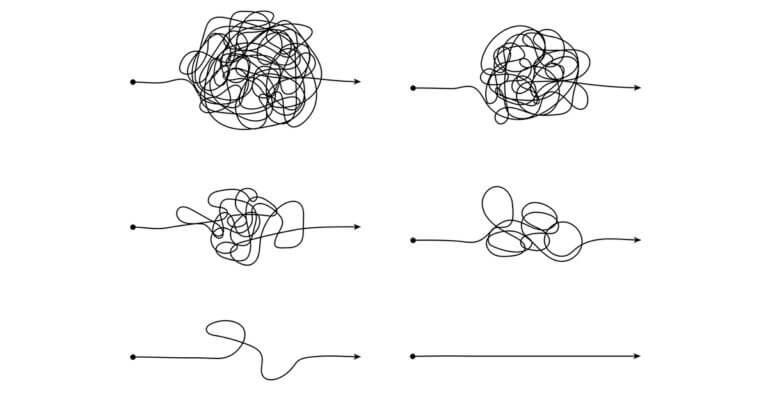July 24, 2019
There’s No O (outcomes) in ACO
 Medicare accountable care organizations say they’re doing a lot to manage and coordinate the care of sick beneficiaries. But a new study says the ACOs don’t have much to show for it in terms of outcomes.
Medicare accountable care organizations say they’re doing a lot to manage and coordinate the care of sick beneficiaries. But a new study says the ACOs don’t have much to show for it in terms of outcomes.
The study, by researchers from the Dartmouth Institute for Health Policy and Clinical Practice, appeared in JAMA Network Open.
The researchers looked at the outcomes of more than 1.4 million Medicare beneficiaries enrolled in 244 Medicare ACOs in 2016. All of the beneficiaries had complex medical conditions, which the researchers defined as either frail and older or suffering from two or more of 18 different chronic conditions.
The researchers divided the 244 Medicare ACOs into three levels based on the self-reported provision, comprehensiveness and intensity of care management and coordination activities that the ACOs gave to patients. Things like:
- Using care managers
- Using patient navigators
- Managing care transitions
- Conducting medication reconciliation
- Doing in-home follow ups after hospital discharge
ACOs reported their care management and coordination activities to the National Association of ACOs as part of the trade group’s annual ACO survey.
Then the researchers compared the outcomes of the beneficiaries in each of the three levels of ACOs. The four outcomes and some of the measures they looked at were:
- Quality of care as measured by avoidable admissions and readmission rates
- Healthcare utilization as measured by admissions and physician office visits
- Spending as measured by total spending and beneficiary post-acute care spending
- Interactions with the healthcare system as measured by inpatient days, physician office visits, medical procedures and diagnostic tests
In theory, sicker Medicare beneficiaries needed more care management and coordination services, and ACOs would have been smart to provide those services to keep those beneficiaries as healthy as possible and their costly utilization of healthcare services as low as possible.
Guess what? The study found that the outcomes of the 390,120 beneficiaries cared for by the 63 ACOs in the top third of care management and coordination were pretty much the same as the outcomes of the 445,829 cared for by the 84 ACOs in the bottom third of care management and coordination.
“Accountable care organization-reported care management and coordination activities were not associated with improved outcomes among patients with complex needs,” the researchers said.
They politely suggested that Medicare ACOs evaluate the effectiveness of their care management and coordination activities, reconsider investing heavily in the ones that aren’t working and investigate and implement others that have worked in other settings.
I’m not sure whether the results mean that ACOs exaggerate what they do for patients when they fill out industry surveys, whether care management and coordination efforts aren’t effective or whether really sick patients don’t respond well to much of anything.
But I am sure that patients are counting on the financial incentives baked into new value-based care models to deliver better outcomes at less cost. So who’s going to make good on that promise?






